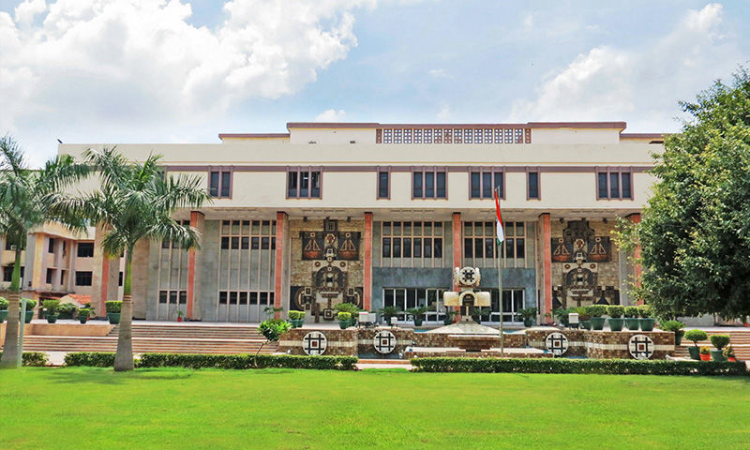The Delhi High Court has reiterated that an appointment on compassionate ground offered to the dependant of a deceased employee is a mere concession and not a right.A single judge bench of Justice Chandra Dhari Singh observed,"The whole object behind granting compassionate employment is to enable the family to tide over the sudden crisis. Appointment on compassionate ground offered to...

